Risk Management Strategies for Large-Scale Cooperative Projects
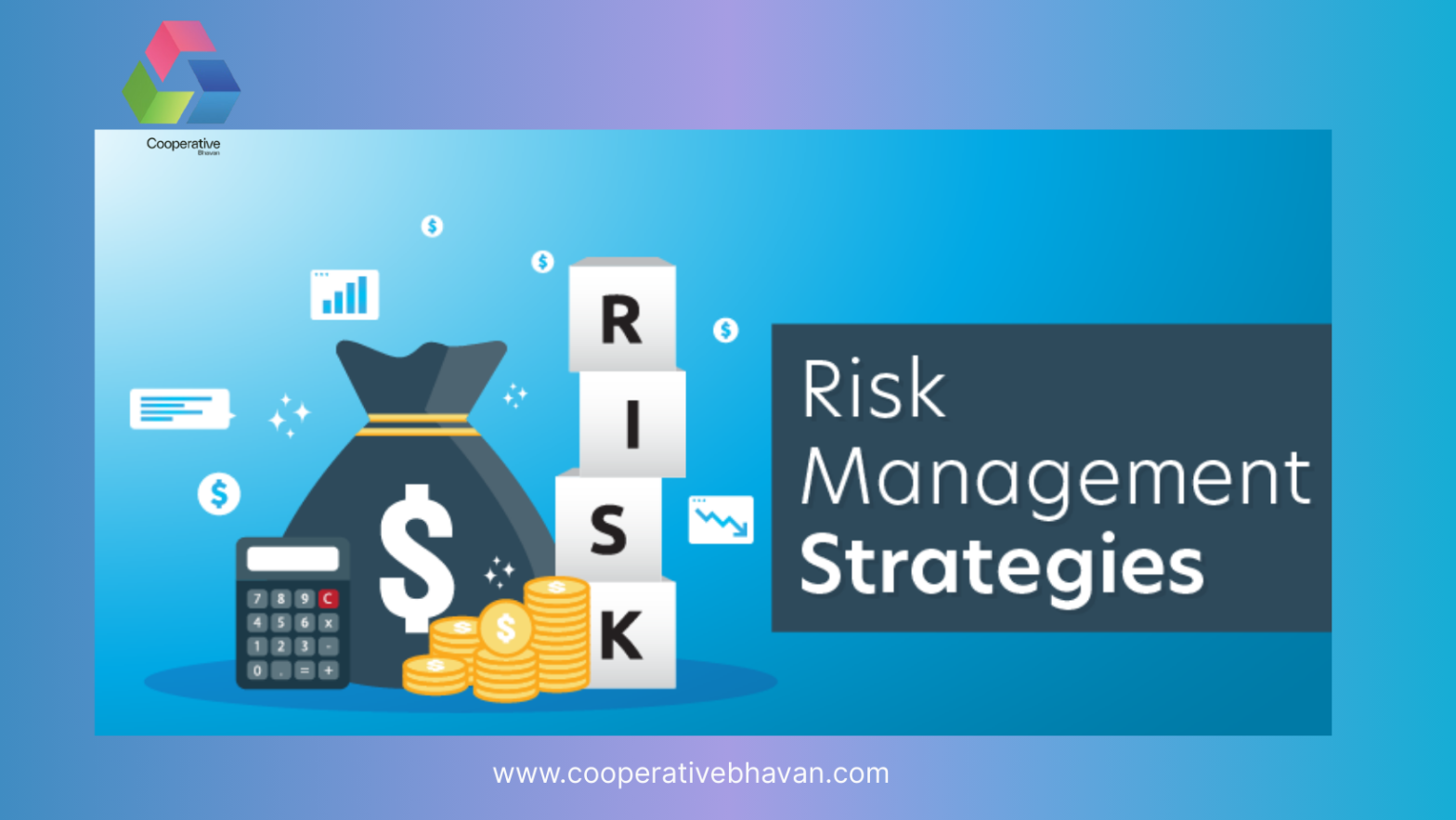
Large-scale cooperative projects hold immense potential to transform communities by promoting sustainable development, shared ownership, and financial inclusion. However, like any major venture, these projects come with inherent risks that need effective planning and mitigation. Proper risk management strategies not only protect cooperative societies from unforeseen challenges but also ensure long-term stability and growth.
If you are planning to start or expand a project under a Multi State Cooperative Society Registration in Kerala or anywhere across India, understanding the nuances of risk management becomes crucial. Let’s explore some effective strategies to safeguard cooperative projects.
1. Comprehensive Feasibility Analysis
Before launching a cooperative project, conducting a detailed feasibility study is essential. This includes assessing financial viability, resource availability, member capacity, and market demand. Many successful societies take assistance from a Multi State Cooperative Society project builder in Kerala to draft professional feasibility reports that help identify risks early on.
2. Strong Legal and Regulatory Compliance
Ensuring compliance with cooperative laws and regulations under Multi State Cooperative Society Registration in India is a vital risk management step. Legal compliance protects societies from penalties, disputes, and dissolution risks. Establishing an in-house legal framework or seeking professional consultation is highly recommended.
3. Financial Risk Diversification
Cooperative projects often involve large financial pools contributed by members. To avoid financial instability:
- Diversify investments across multiple sectors.
- Maintain emergency reserves.
- Use transparent accounting systems.
Partnering with trusted platforms like Cooperative Bhavan can provide guidance on structured financial planning and safeguard member contributions.
- Transparent Governance and Member Participation
Lack of transparency in decision-making is a common risk factor in cooperatives. Societies must adopt:
- Open communication channels.
- Regular audits and reviews.
- Active participation of members in project-related decisions.
This strengthens accountability and reduces the risk of internal conflicts.
5. Technology Integration for Risk Monitoring
Digital tools can be powerful allies in risk management. Using modern software for accounting, project monitoring, and communication reduces errors, fraud, and mismanagement. Cooperative organizations across Kerala and India are increasingly adopting smart technology solutions for project tracking.
6. Crisis Preparedness and Contingency Planning
Unexpected events such as economic downturns, natural disasters, or policy changes can impact cooperative projects. Societies must create contingency plans, emergency funds, and crisis communication systems to remain resilient during uncertain times.
Conclusion
Large-scale cooperative projects have the potential to bring social and economic prosperity when managed wisely. With a strong foundation in risk management strategies, societies can secure their members’ trust and ensure long-term sustainability. Whether you are starting with a Multi State Cooperative Society Registration in Kerala or expanding projects across India, partnering with experts like Cooperative Bhavan and professional project builders can give your cooperative the right direction and security.













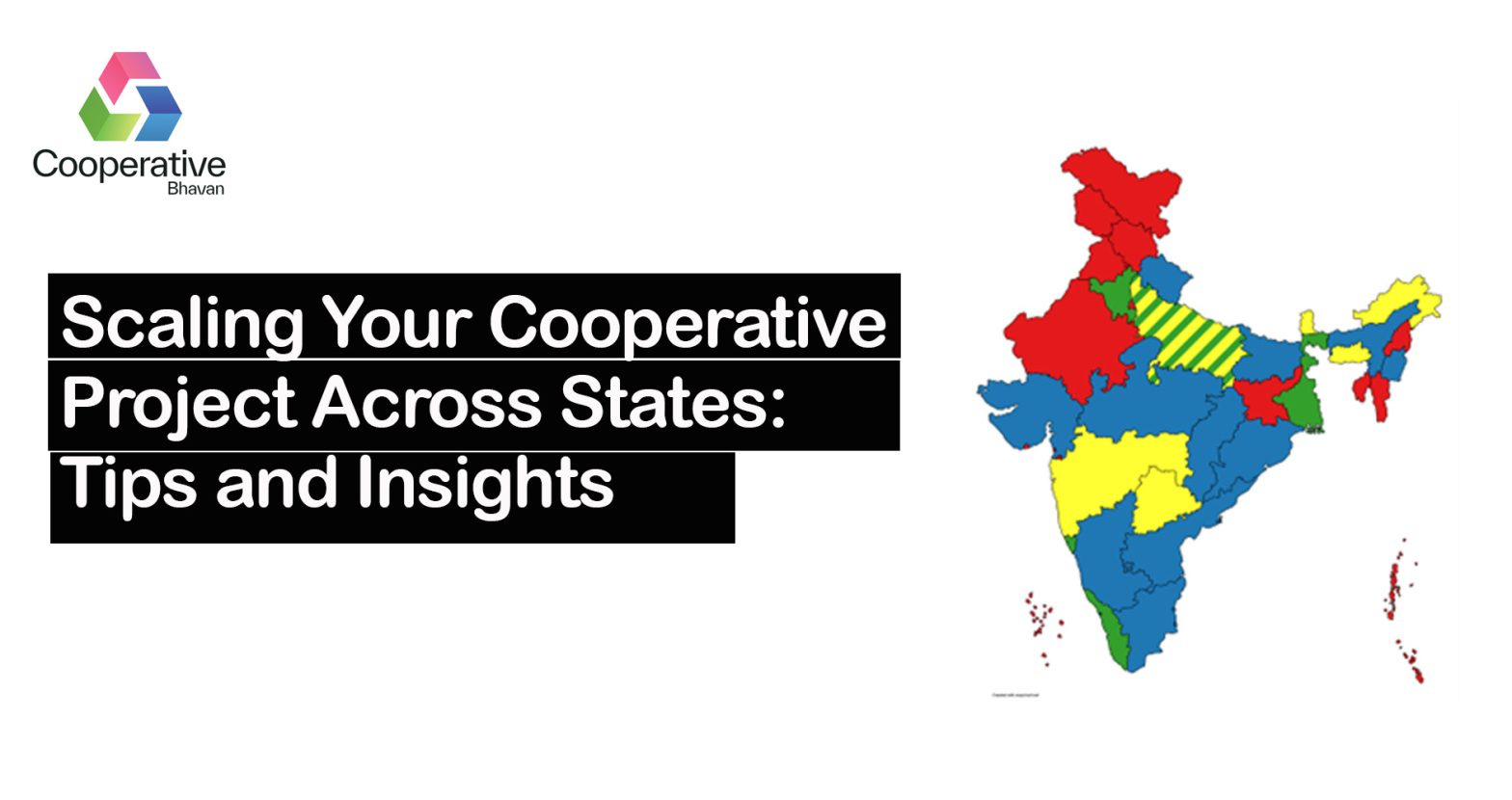
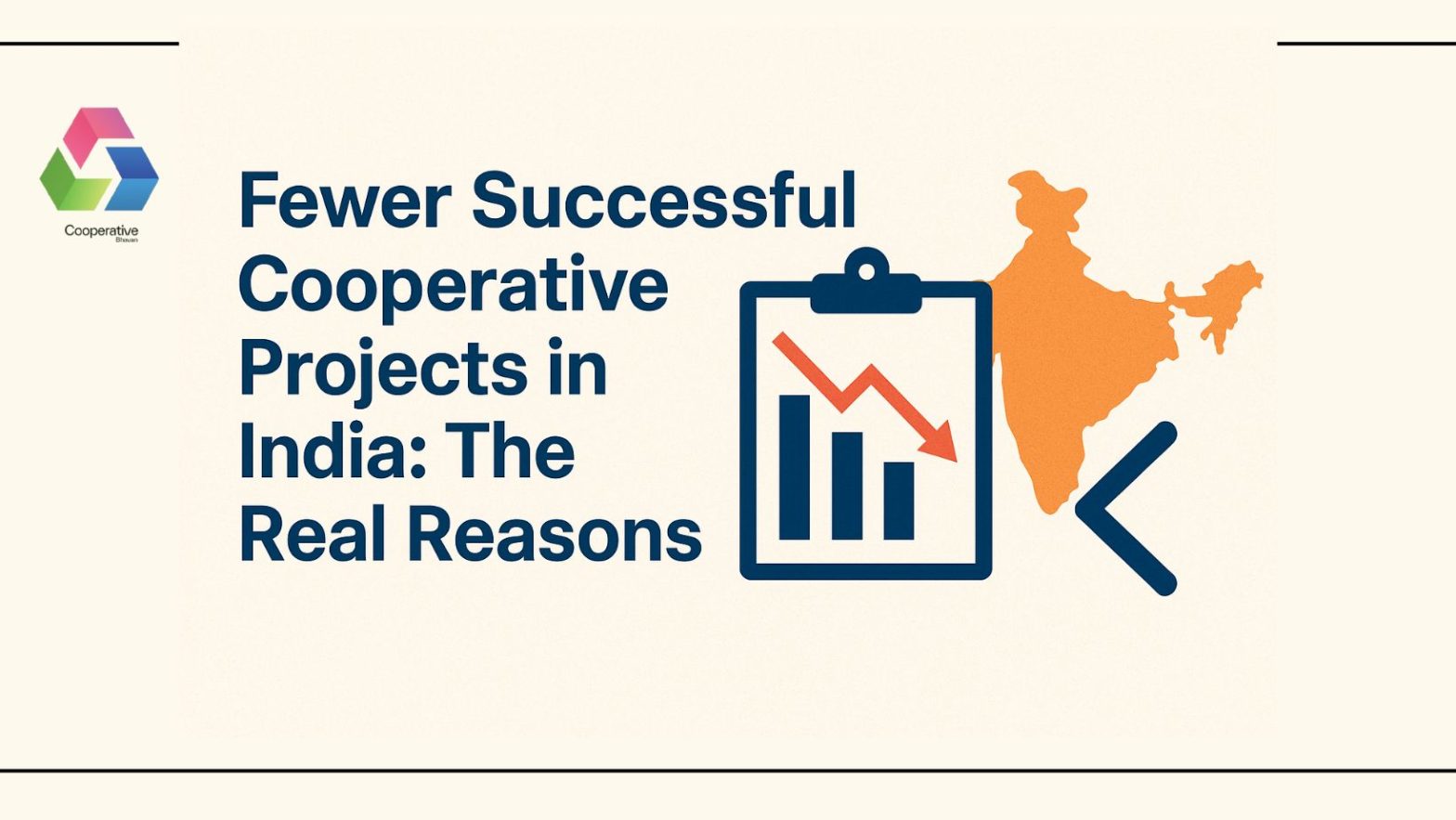


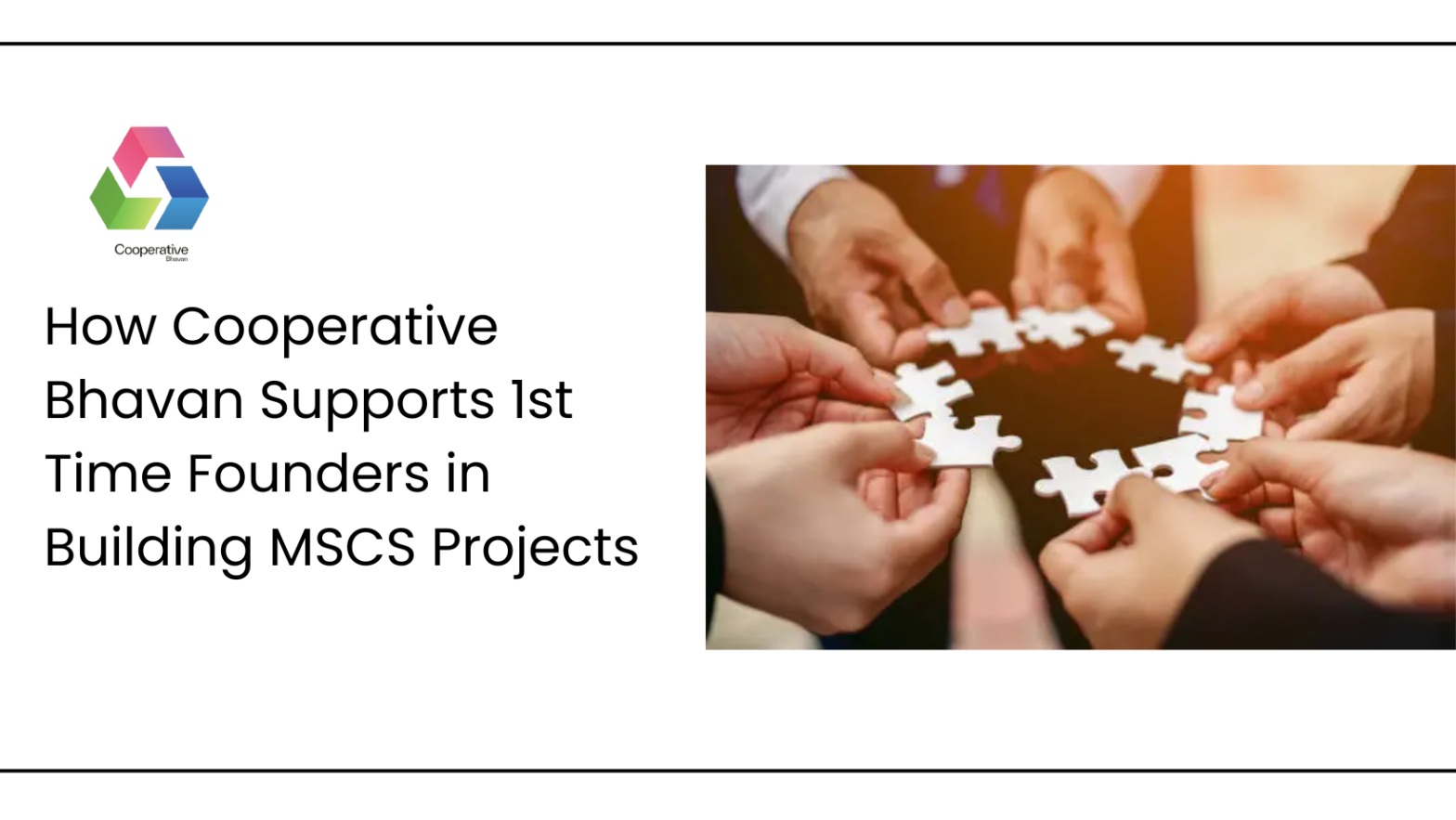









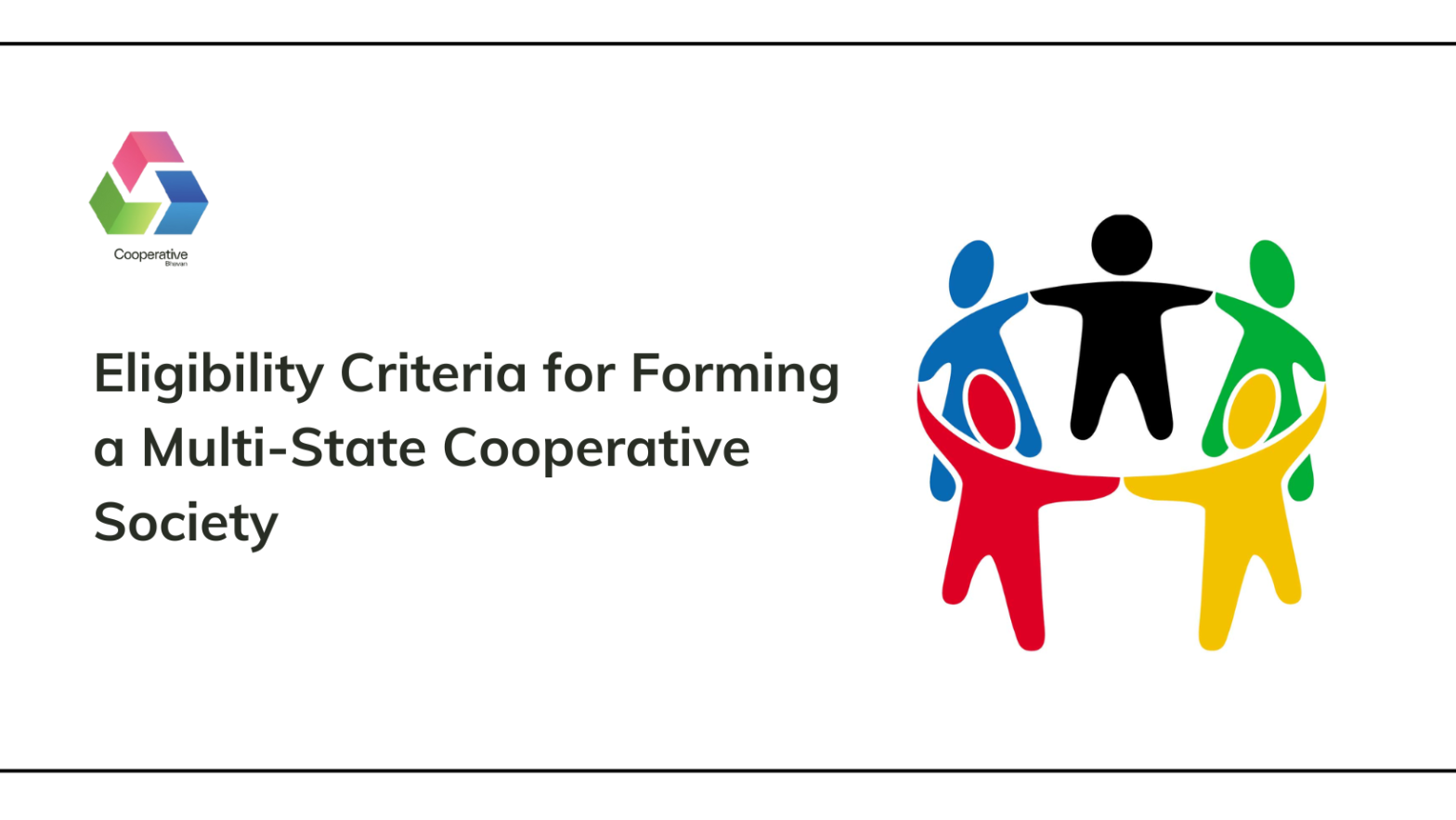
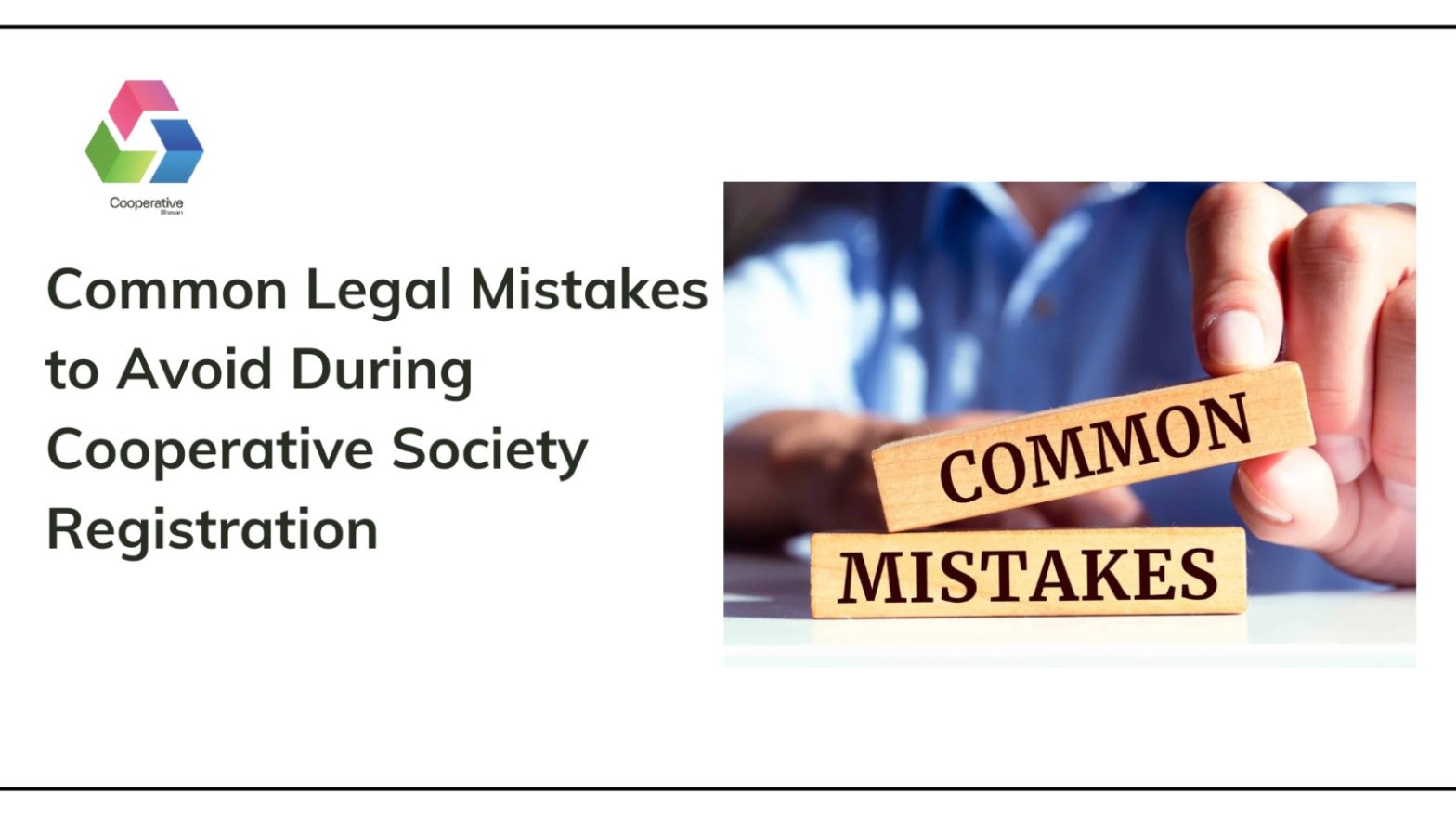






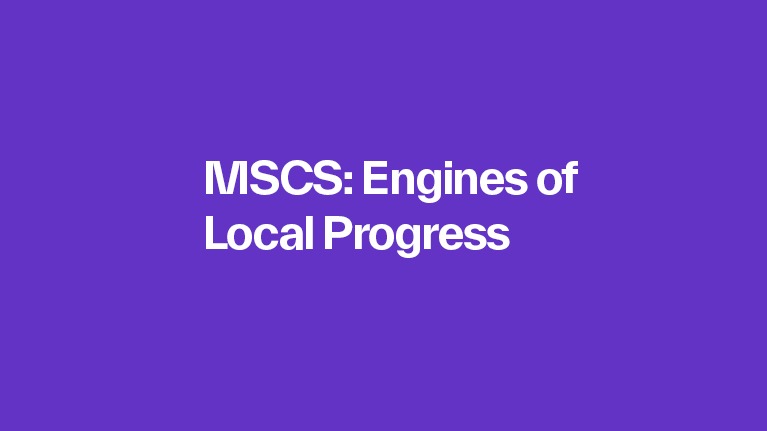




 Mail
Mail  Booking
Booking
 Call
Call